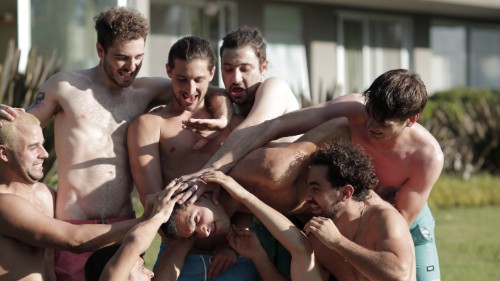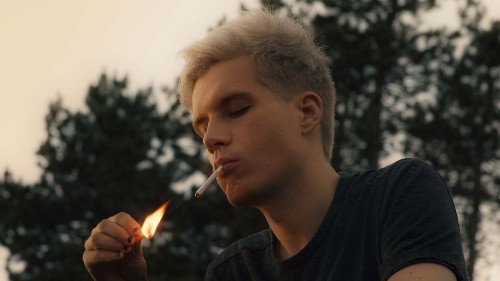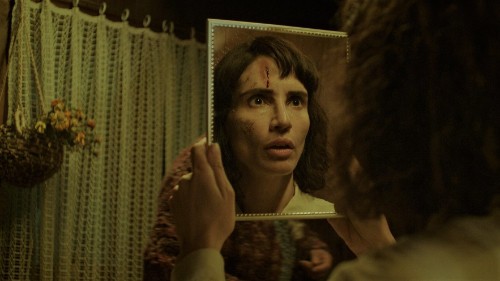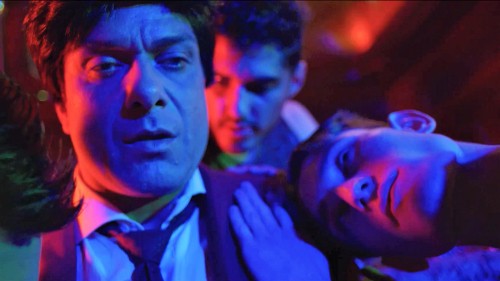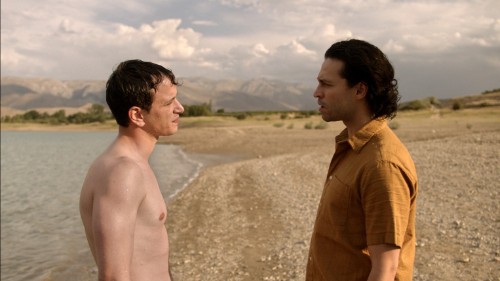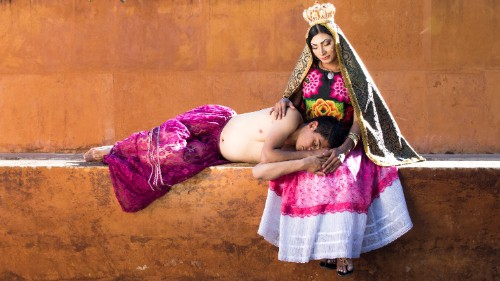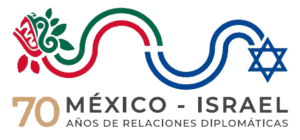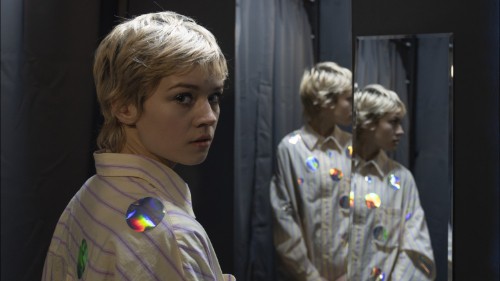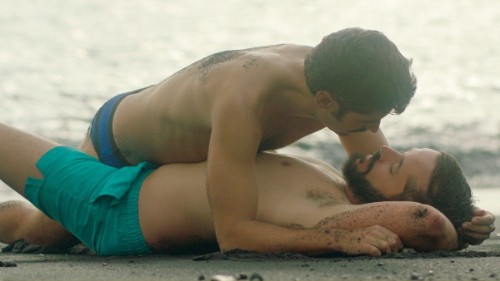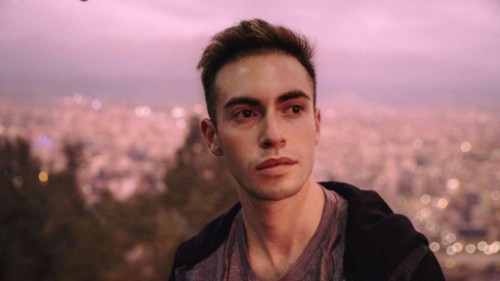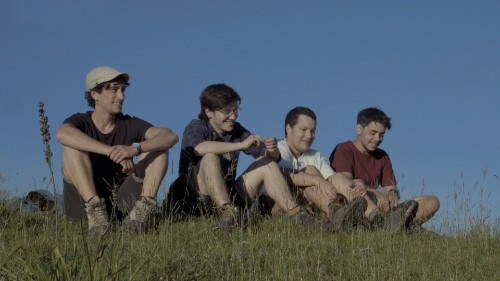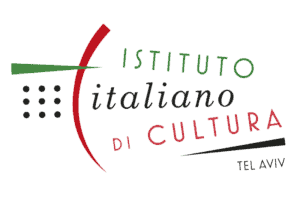It’s the Christmas holidays and Andy leaves town for a vacation with friends in a luxurious villa in the countryside. Spending time with a bunch of men is a new experience for him – there are moments of rest, friendship and teasing, but there are also games – macho games, boys games, where each one pushes his own personal boundaries.
Since his debut film “Plan B” (2009), Marco Berger became one of Latin America’s leading queer filmmakers. In his films he explores queer narratives, erotic fantasies, sexuality and gender. “Horseplay” keeps well with those themes and delivers a subservient and political film that describes masculinity in its most toxic and dangerous form.
Viewing is 18+ due to nudity, explicit sex scenes and violence.
